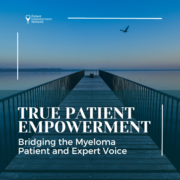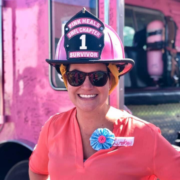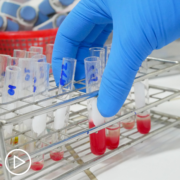True Patient Empowerment: Bridging the Myeloma Patient and Expert Voice
Multiple myeloma can sometimes feel overwhelming and complicated, but what can patients and care partners do to help improve their care? With this question in mind, the Patient Empowerment Network initiated the START HERE Myeloma program, which aims to bridge the myeloma patient and expert voice to build empowerment.
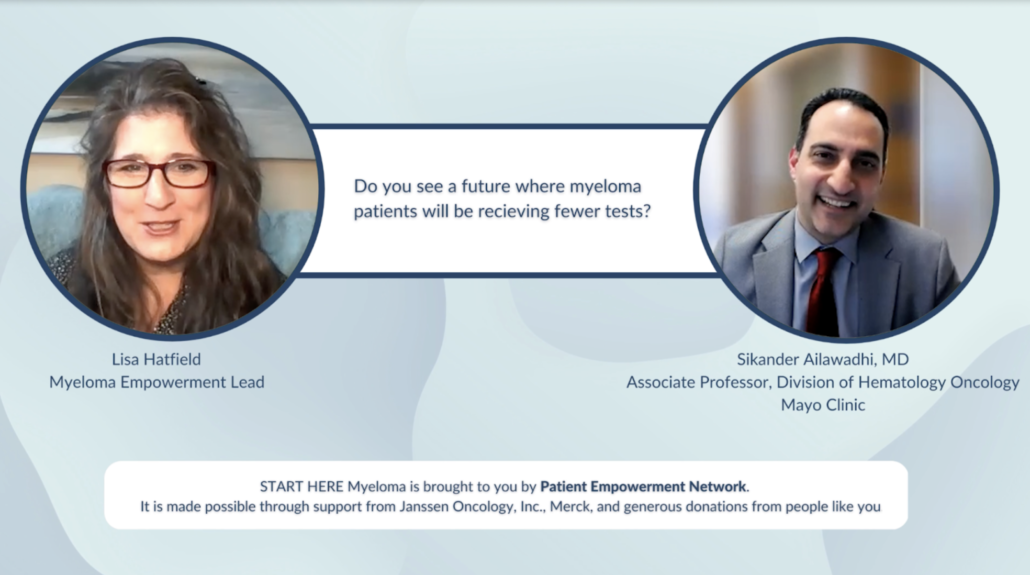
START HERE Myeloma Program Resources
The program series includes the following resources:
- START HERE Patient-Expert Q&A Webinar with expert Dr. Sikander Ailawadhi moderated by a myeloma patient
- START HERE Library with a robust library of digestible video content that merges the expert and patient voice
- Your START HERE 90-Day Plan personalized 90-day plan with resources from trusted advocacy partners
- START HERE Activity Guide a downloadable, printable support resource packed with information to educate, empower, and support myeloma patients and care partners in their journeys through care
- START HERE Text Alerts to receive personalized support from PEN Empowerment Leads
Patient-Expert Q&A Webinar Topics and Key Takeaways
In the PatientExpert Q&A webinar, renowned multiple myeloma expert Dr. Sikander Ailawadhi from the Mayo Clinic shares his expert knowledge to help patients and care partners fortify their knowledge and confidence, while myeloma patient and Empowerment Lead Lisa Hatfield moderates the discussion and shares some of her views as a patient. Dr. Ailawadhi and Lisa provided some in-depth discussion along with key takeaways. Some of the discussion covered:
- Diagnosis and treatment topics covered for newly diagnosed patients
- Overview of novel myeloma therapies and research updates
- Mutational markers in myeloma and clinical predictors of relapse
- Access to multiple myeloma clinical trials
- Recommended bone-building therapies for patients
- Fluctuations in light chain numbers
- The outlook for frequency of biopsies
- Treatment response with myeloma therapies
- Treatment options for myeloma patients who relapse after CAR-T therapy
- Frequency and treatment considerations with amyloidosis
- Incidence of kidney dysfunction and healthcare disparities
- Outlook for the future of multiple myeloma care
Among some key points, Lisa shared her perspective about seeing a myeloma specialist, “There is great importance in seeking out the expertise of a myeloma specialist, even if it’s just when you’re newly diagnosed, going for a consult once and then maybe upon relapse going again, if you don’t live near it, a specialist, seeking out the expertise of a specialist is really critical.”
Dr. Ailawadhi provided his expert perspective about recent developments in multiple myeloma research and treatments. “Myeloma treatment is going through a change where immunotherapy and harnessing the body’s own immune system is becoming extremely important. And when we do that, the immunotherapy is typically very targeted, so what these drugs these agents, these terms, this alphabet soup is doing is it is targeting specific markers on the myeloma cell on the plasma cell.”
Dr. Ailawadhi also shared his excitement about the future of myeloma care. “So why is this important for everybody, whether they are newly diagnosed or relapsed or long-term survivor with myeloma, because this tells you that not only are we getting newer drugs in the same classes, we are also getting brand new classes of drugs. And you can imagine that means that those brand new strategies are ways to target the plasma cell, we know cancer cells are smart, and they develop invasive mechanisms to become resistant to drugs. But every time something gets resistant if we have a brand new mechanism to go against the disease, but that’s exciting because that’s why we are seeing deeper responses, even in very heavily pre-treated patients, because we are using newer specific, relatively safe, convenient strategies to going after the plasma cell.”
Dr. Ailawadhi has also been very involved in researching and working to improve healthcare disparities, and he shared some of this knowledge during the webinar. “Kidney dysfunction can be seen in as much as 20 percent of patients at the time of diagnosis, and there are a significant number of patients who would have kidney dysfunction even as they go on with their myeloma journey. I’m interested in these healthcare disparities. I just want to point out that patients who are African Americans do tend to have a much higher incidence of kidney dysfunction and need for kidney dialysis with myeloma at the time of diagnosis or even with treatment.”
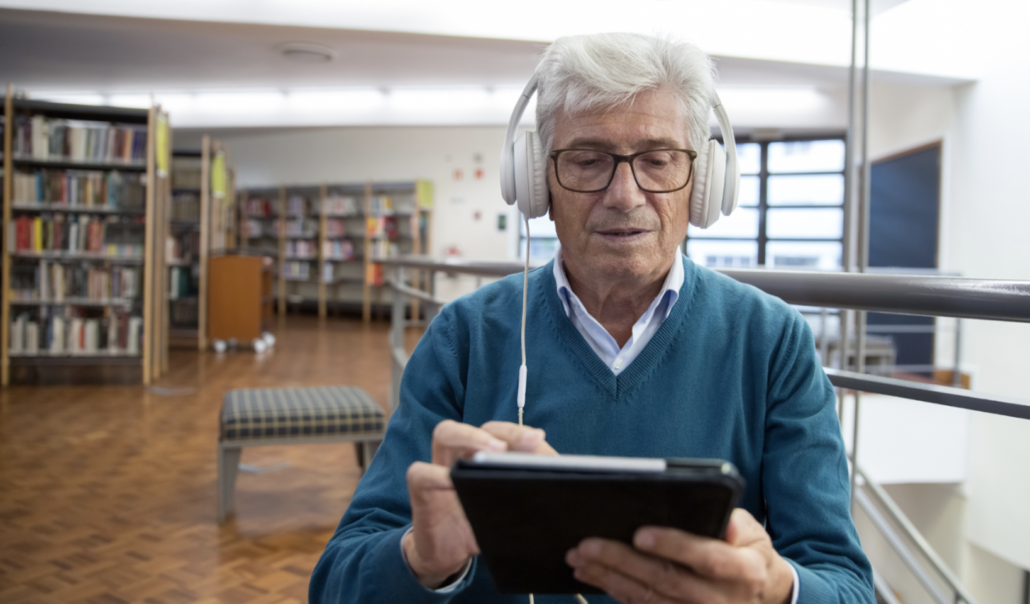
Some program participants provided valuable testimonials about the START HERE Myeloma Patient-Expert Q&A webinar.
- “I have been a myeloma patient for 8 years. This was one of the best webinars I have listened to. The speaker was excellent and the questions presented were great! Thank you for a wonderful session!”
- “This program was well thought out and I felt like Lisa was reading my mind! Super job. It makes living with a serious condition a little less scary when you see so many people have the same questions as you.”
- “Thanks for a great discussion. It felt like it wasn’t a lecture, but a conversation. Lisa is an inspiration to our support group members in South Carolina. We will be sharing this when we meet next week.”
We hope you can use these valuable multiple myeloma resources to build your knowledge and confidence toward becoming a more empowered patient or care partner.

